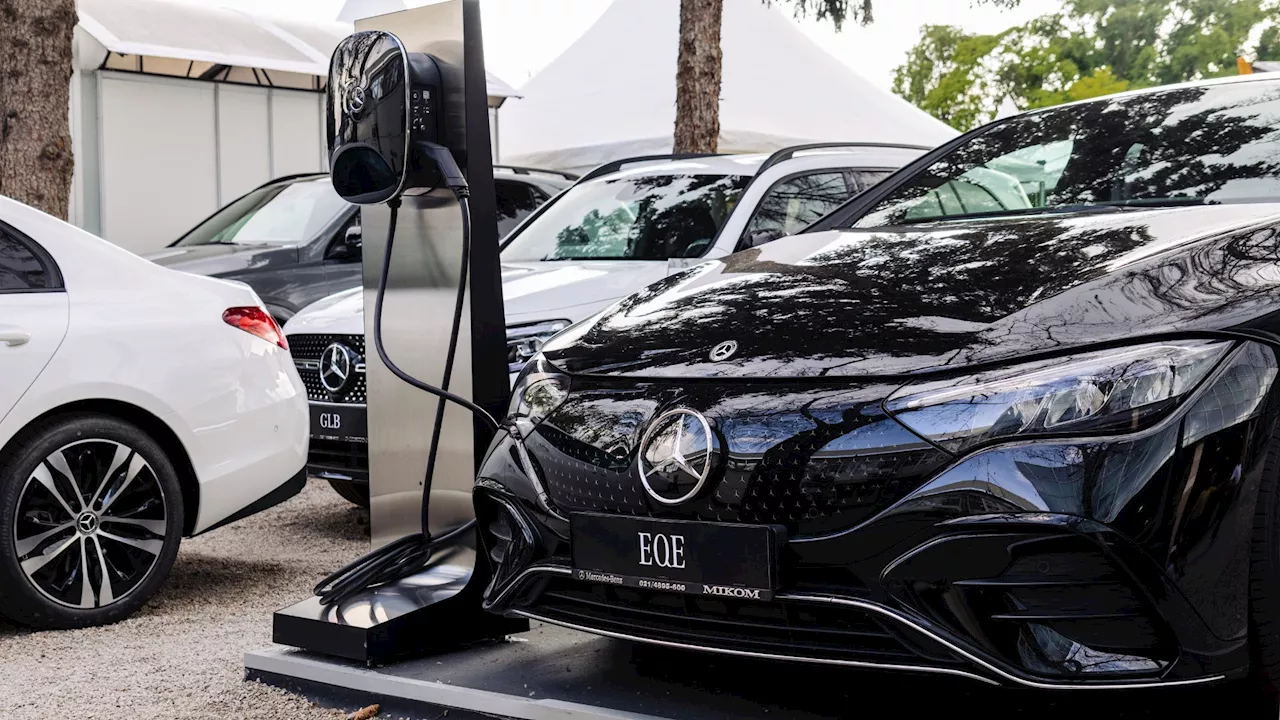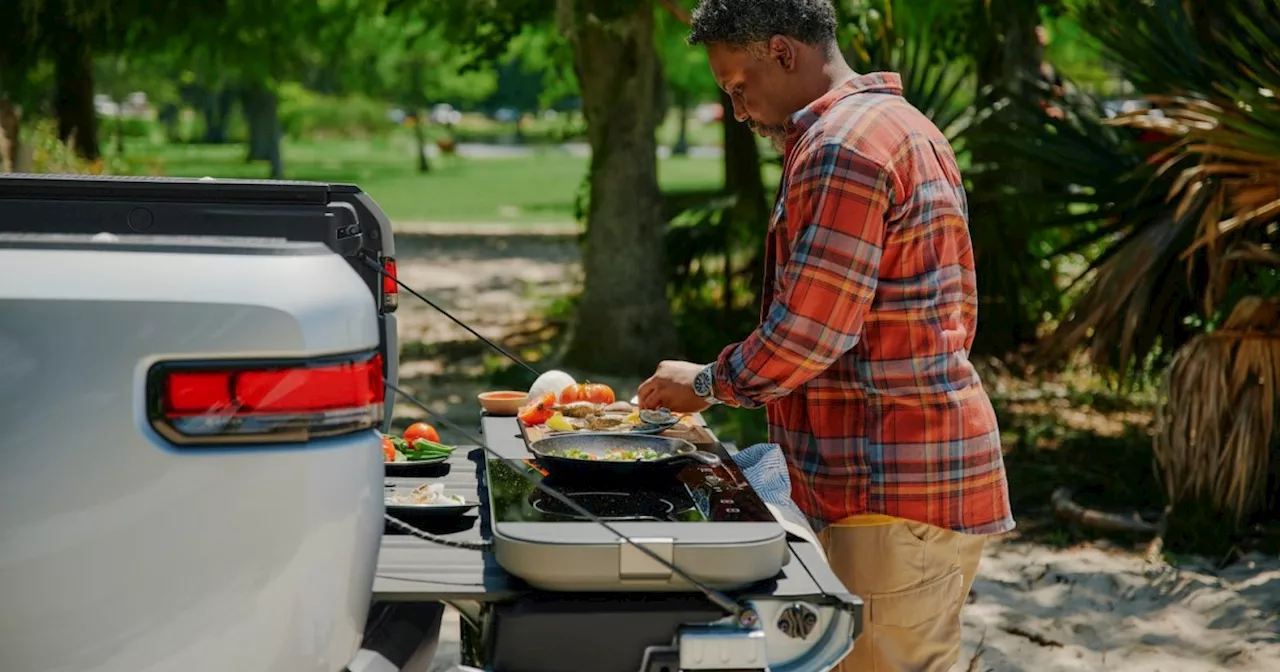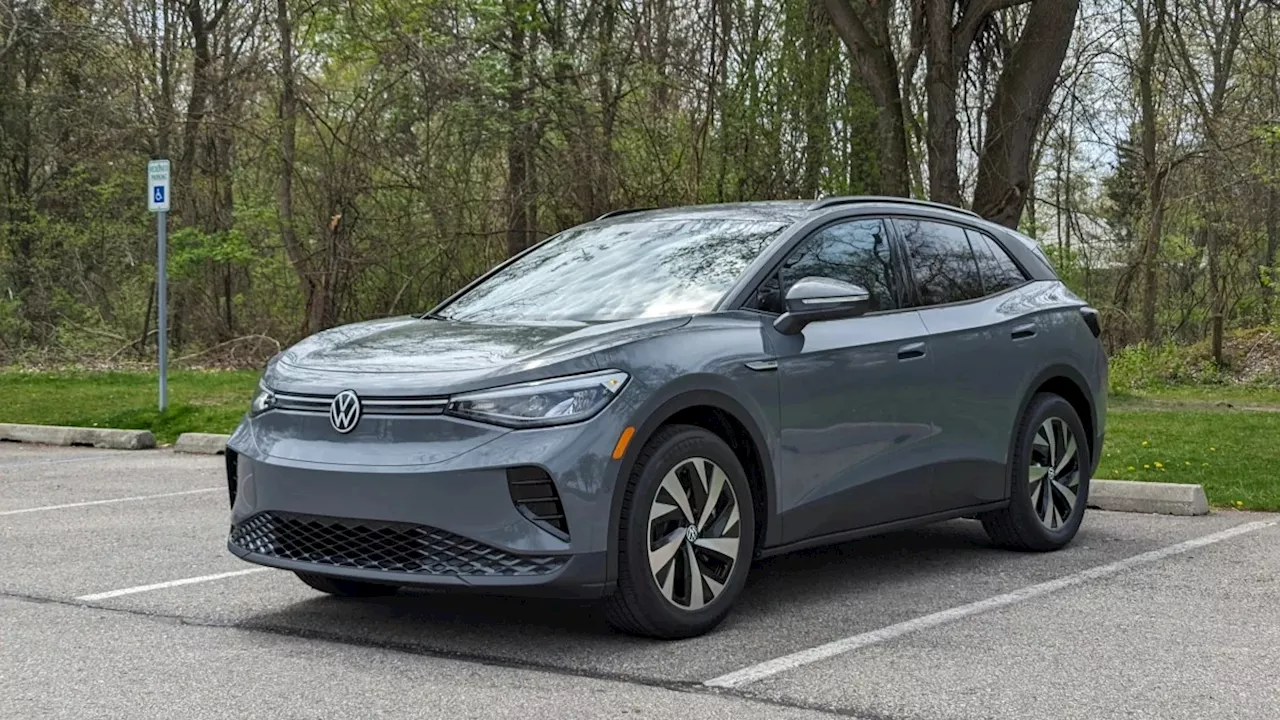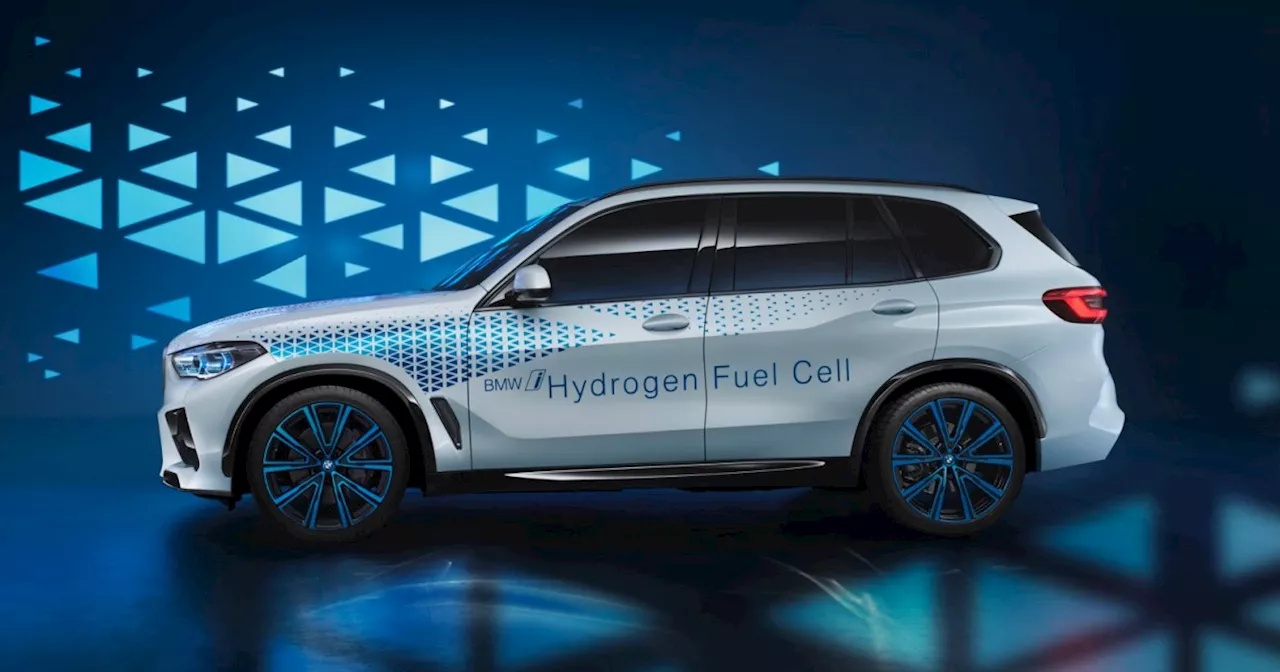While battery EVs have a huge lead, there are still plenty of proponents of hydrogen EVs, or fuel-cell EVs. Could FCEVs actually take over? Well, probably not.
There’s no debate — battery electric vehicles are currently king, at least when it comes to sales. There are dozens of battery EV models out there and plenty of charging stations — though nowhere near enough just yet.
Convenience is king Proponents of hydrogen vehicles cite convenience as a big reason to push the technology, and it makes sense. After all, charging electric vehicles is simply not the best experience. EV charging tech is getting better, but charging at a fast-charging station will still usually take you at least 20 minutes, and that’s if you don’t have to wait for a charger to free up. That’s pretty different than filling a tank of gas in two or three minutes on the way home from work.
But, I mentioned that refueling a FCEV is more convenient at a “public station” because there’s a key component of BEV recharging that makes them far more convenient for a large portion of drivers — the ability to charge at home. That’s even more convenient than fueling a FCEV for day-to-day use. All you have to do is plug it in when you get home, and you don’t have to go anywhere to refuel.
There is one more key area where FCEVs are more convenient — in cold weather. BEVs suffer in range and charging speeds in colder weather, while FCEVs can work perfectly fine in extremely cold temperatures, without any loss in efficiency. Generally, there are less emissions involved with FCEV production than EV production. That’s due to one EV component — the battery. EV batteries aren’t just complicated to manufacturer, they also usually involve the use of rare metals, which have to be mined and transported. Some FCEVs have a battery too, but it’s nowhere near as big, and its production won’t involve as many emissions.
What about ownership costs? This is another one that’s a little complicated to solve. Hydrogen fuel is exceedingly expensive right now — but that largely has to do with the fact that there are so few FCEVs out there and, as a result, very limited production of hydrogen fuel for consumers. Filling a tank could cost a few hundred dollars — much more than charging a car. But, if FCEVs were to become more mainstream, that would change.
“Hydrogen is expensive to produce, hard to store, and the infrastructure is barely there,” said Troy Fox, co-founder and directing manager of Evergreen Electrical, a provider of home charging stations in Australia. “Sure, FCEVs might carve out a niche in areas like trucking where you need long-range and quick refueling, but for most of us, BEVs just make more sense.”
United Kingdom Latest News, United Kingdom Headlines
Similar News:You can also read news stories similar to this one that we have collected from other news sources.
 Carmakers Scramble to Calm Revolt Against EVs in South Korea After Battery FiresSource of breaking news and analysis, insightful commentary and original reporting, curated and written specifically for the new generation of independent and conservative thinkers.
Carmakers Scramble to Calm Revolt Against EVs in South Korea After Battery FiresSource of breaking news and analysis, insightful commentary and original reporting, curated and written specifically for the new generation of independent and conservative thinkers.
Read more »
 ORNL’s thin film boosts battery safety, could provide 2x energy density for EVsResearchers advance solid-state battery development with a flexible thin film, enabling higher energy density and safer EV power.
ORNL’s thin film boosts battery safety, could provide 2x energy density for EVsResearchers advance solid-state battery development with a flexible thin film, enabling higher energy density and safer EV power.
Read more »
 New 450Wh/kg solid-state battery to boost range of Mercedes future EVs by 80%Factorial, in partnership with Mercedes-Benz, has unveiled Solstice, a 450Wh/kg all-solid-state battery that could revolutionize future EVs.
New 450Wh/kg solid-state battery to boost range of Mercedes future EVs by 80%Factorial, in partnership with Mercedes-Benz, has unveiled Solstice, a 450Wh/kg all-solid-state battery that could revolutionize future EVs.
Read more »
 Rivian’s Travel Kitchen lets EV drivers cook with wattsRivian is launching a new portable kitchen powered by its EVs' battery packs.
Rivian’s Travel Kitchen lets EV drivers cook with wattsRivian is launching a new portable kitchen powered by its EVs' battery packs.
Read more »
 Volkswagen's battery targets not 'set in stone', battery chief tells German newspaperVolkswagen's goal of building 200 gigawatt-hours of battery capacity by 2030 could change depending on how demand for electric vehicles develops.
Volkswagen's battery targets not 'set in stone', battery chief tells German newspaperVolkswagen's goal of building 200 gigawatt-hours of battery capacity by 2030 could change depending on how demand for electric vehicles develops.
Read more »
 Ultra-thin solar 'coating' can turn phone cases and EVs into mini power generatorsRory Bathgate is a freelance writer for Live Science and Features and Multimedia Editor at ITPro, overseeing all in-depth content and case studies. Outside of his work for ITPro, Rory is keenly interested in how the tech world intersects with our fight against climate change.
Ultra-thin solar 'coating' can turn phone cases and EVs into mini power generatorsRory Bathgate is a freelance writer for Live Science and Features and Multimedia Editor at ITPro, overseeing all in-depth content and case studies. Outside of his work for ITPro, Rory is keenly interested in how the tech world intersects with our fight against climate change.
Read more »
